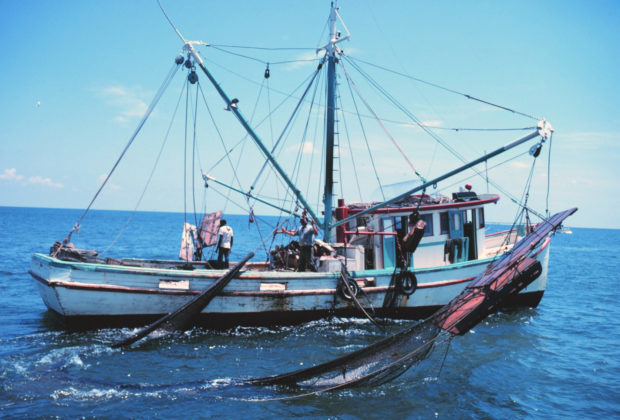Trawling was banned in Costa Rica back in 2013 because of the damage it causes to marine ecosystems, including fish, turtles, and corals. The process also emits greenhouse gasses.
This method of catching shrimp involves pulling a huge, heavy net with a boat through the seabed.
The shrimping licenses were suspended but the door was left open for the method to be started up again if and when a sustainable alternative practice was demonstrated.
In 2020, President Carlos Alvarado vetoed a bill for its reactivation with a network called “AA Costa Rica.” The bill was approved in Congress but vetoed by the then president. It’s now being considered again by the new Government. President Rodrigo Chaves is behind a two year study of “AA Costa Rica.”
The last study showed that in each ton pulled up from the bottom of the sea, 75% was shrimp and 25% were other species, known as bycatch. Hopefully studies will have better results this time around.
Scientists from the University of Costa Rica’s Center for Research in Marine Sciences and Limnology ask that the study be peer reviewed to avoid suspicion of any mishandled data. They’re asking for scientific objectivity, something very basic.
The School of Biology of the National University and the MarViva Foundation have also criticized the lack of transparency by the Government in the process of preparing the scientific method for the new study, which will begin in the first quarter of this year and last two years.

